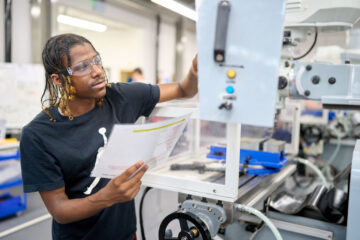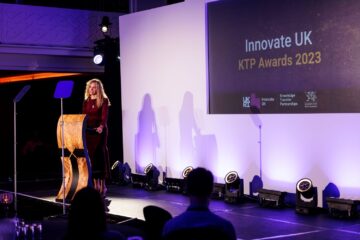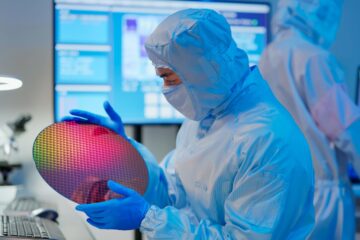
Innovate UK blog
All blog posts ordered by publication date

18 April 2024
Smart grants: catalysing high impact innovation and market share
Smart grants support and propel groundbreaking, world class projects from UK business designed for commercial success, market impact and UK economic growth.

4 April 2024
Transport Vision 2050: the value of transport and alignment
The Innovate UK Transport Vision 2050 is intended to inform strategy and investments and stimulate discussion. In this blog we explore why this is needed.

25 March 2024
The innovation demand paradox
Innovate UK introduces a new programme exploring the role of Advance Market Commitments in the development and adoption of net zero solutions.

15 February 2024
Education colleges: catalysts for regional business innovation
How Innovate UK is set to empower further education colleges (FECs) to accelerate local innovation.

18 December 2023
Navigating the skies: transforming aviation with future flight
UKRI’s Future Fight Challenge delivered by Innovate UK is revolutionising aviation. Join this transformative journey now by registering on our landscape map.






